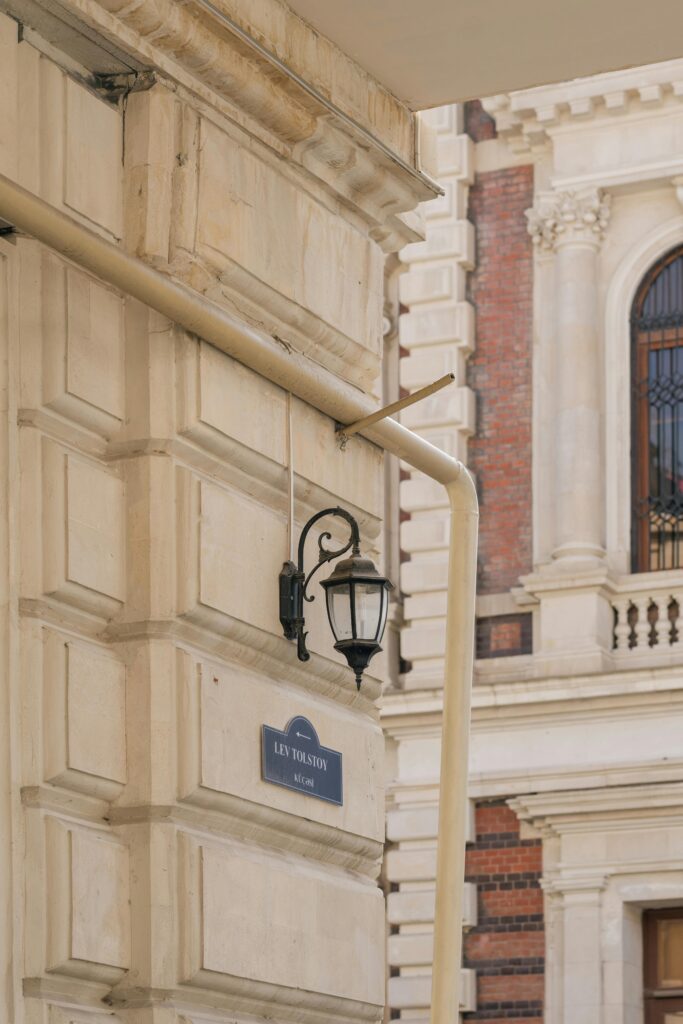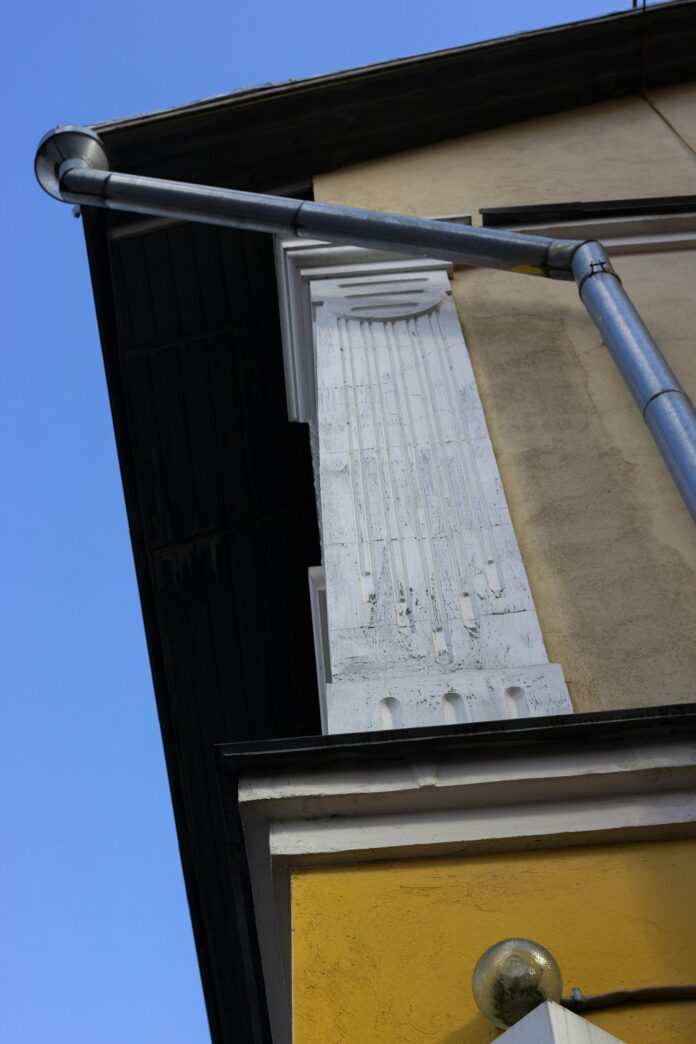Introduction
Choosing the best gutter materials for your home involves considering durability, cost, and climate compatibility. Among the most popular options, aluminum vs. vinyl gutters offers an affordable and rust-resistant solution, while steel and copper add durability and aesthetic appeal. This gutter material comparison guide explores the pros and cons of aluminum, vinyl, steel, and copper gutters, so you can make an informed decision. Whether you’re prioritizing budget, maintenance, or style, this guide will help you select the right gutter material to protect your home effectively.
Choosing the Best Gutter Materials for Durability and Style

When it comes to selecting gutters, choosing the right material is crucial for both performance and aesthetics. Each material has unique benefits, ranging from longevity to ease of installation and visual appeal. Explore the top gutter materials that homeowners prefer for durability and style:
1. Aluminum Gutters
Aluminum is one of the most popular choices for residential gutters due to its affordability, lightweight nature, and resistance to rust.
Pros:
- Lightweight and Easy to Install: Aluminum gutters are relatively easy to handle and install, making them a popular choice for DIY projects.
- Rust-Resistant: Unlike steel, aluminum won’t rust, which helps extend its lifespan.
- Wide Range of Colors: Aluminum gutters come in a variety of colors, allowing you to match them to your home’s exterior.
Cons:
- Prone to Dents: Aluminum is softer than steel, so it can dent if hit by branches, ladders, or hail.
- Expansion and Contraction: Aluminum gutters can expand and contract with temperature changes, leading to potential leaks over time if not properly installed.
Maintenance:
Regular cleaning is needed to prevent clogs, but aluminum requires minimal upkeep otherwise. Inspect annually for any signs of dents or separation at the seams, especially in climates with extreme temperature fluctuations.
2. Vinyl Gutters
Vinyl gutters are popular due to their low cost and easy installation, though they may not be as durable in extreme climates.
Pros:
- Inexpensive: Vinyl is one of the most affordable gutter materials available, making it an attractive choice for budget-conscious homeowners.
- Easy Installation: Vinyl gutters are lightweight and simple to install, often making them a common DIY choice.
- Rust-Free: Like aluminum, vinyl does not rust, which is ideal for areas with high humidity.
Cons:
- Less Durable in Extreme Weather: Vinyl gutters can become brittle in cold weather, leading to cracks. They can also fade or warp in extreme heat.
- Limited Color Options: Vinyl gutters come in fewer colors than aluminum, often limited to white and neutral shades, which may not suit all exteriors.
Maintenance:
Vinyl gutters require regular cleaning to prevent clogs and buildup, and they should be inspected for cracks or warping, especially after extreme temperature shifts.
Best For:
Budget-conscious homeowners in mild climates where temperatures don’t fluctuate drastically between seasons.
3. Steel Gutters
With exceptional strength and resilience, steel gutters are built to withstand the toughest weather conditions, making them a reliable choice for storm-prone regions.
Pros:
- Very Durable and Strong: Steel is one of the most durable gutter materials, able to withstand heavy rains, snow, and physical impact.
- Long Lifespan: Galvanized steel gutters, in particular, are coated to resist rust and can last for several decades with proper care.
Cons:
- Prone to Rust: While galvanized steel is rust-resistant, it can still rust over time, especially if the coating wears off. Stainless steel gutters are more rust-resistant but come at a higher cost.
- Heavy and More Difficult to Install: Steel gutters are heavier, which may require professional installation to avoid structural damage.
- Higher Cost: Steel gutters, especially stainless steel, are more expensive than aluminum or vinyl.
Maintenance:
Regular maintenance is necessary to prevent rust, including periodic cleaning and inspection. Apply rust-resistant paint as needed and check for corrosion in areas where water may pool.
Best For
Homes in areas with extreme weather, especially if impact resistance is needed or for homeowners looking for a durable, long-lasting solution.
4. Copper Gutters
Copper gutters offer a premium, high-end look, and long lifespan, making them a popular choice for historic and luxury homes.
Pros:
- Aesthetic Appeal: Copper has a distinctive look that adds character and elegance, and it develops a natural patina over time, creating a unique, weathered appearance.
- Long-Lasting: Copper gutters are highly durable and can last over 50 years with proper care, often outlasting the lifespan of the home itself.
Cons:
- High Cost: Copper is the most expensive gutter material, making it less accessible for budget-conscious homeowners.
- Requires Professional Installation: Due to their weight and need for specialized handling, copper gutters usually require professional installation.
- Patina Development: While some homeowners appreciate the patina, others may prefer copper’s original look, which requires regular polishing to maintain.
Maintenance:
Copper gutters require periodic cleaning and occasional inspection for signs of patina development or corrosion. Polishing may be needed if you want to maintain the original shine.
Best For
Historic or high-end homes where aesthetics and long lifespan are priorities, and for homeowners who appreciate copper’s natural aging process.
How to Select the Ideal Gutter Material for Your Home’s Needs
To decide on the right gutter material, consider the following factors:
- Budget: Vinyl and aluminum are affordable options, while steel and copper come at a higher price.
- Climate: For areas with mild climates, vinyl may be sufficient, but aluminum or steel are better for areas with high rainfall or snow. Copper is a durable option for any climate but may be more costly.
- Maintenance Needs: Copper and aluminum are rust-resistant, requiring minimal upkeep, while steel may need additional care to prevent rust.
Conclusion
Choosing the right gutter material is crucial to ensuring that your home is well-protected from water damage while also meeting your budget, aesthetic, and maintenance preferences. Aluminum gutters offer a balanced solution for most homes, while vinyl is a cost-effective choice for milder climates. Steel provides durability for harsher environments, and copper adds elegance to historic or luxury properties. By considering your home’s specific needs, climate, and style, you can select a gutter material that will serve your home well for years to come.














